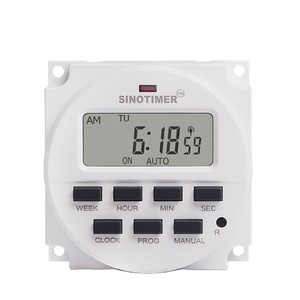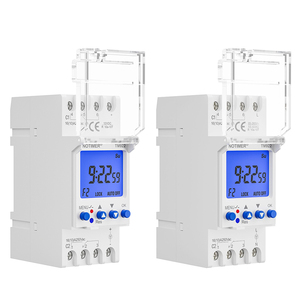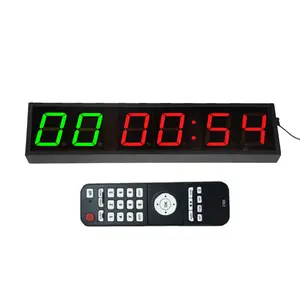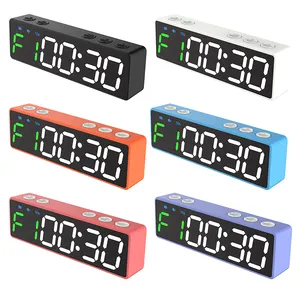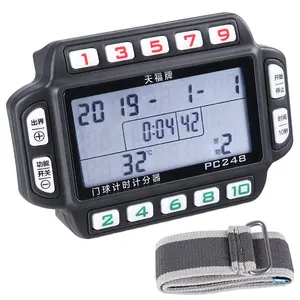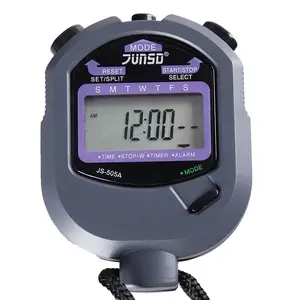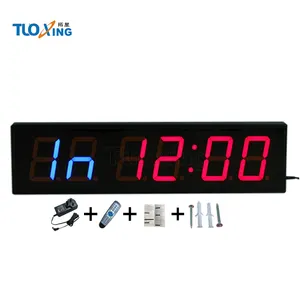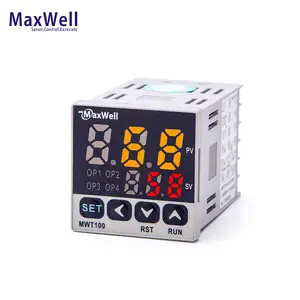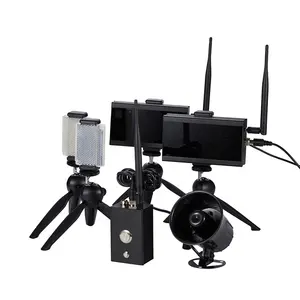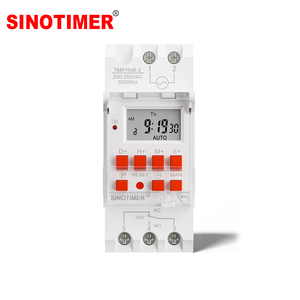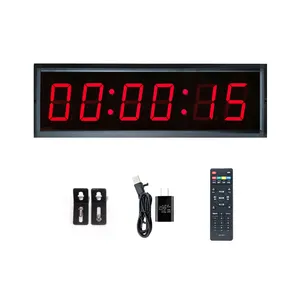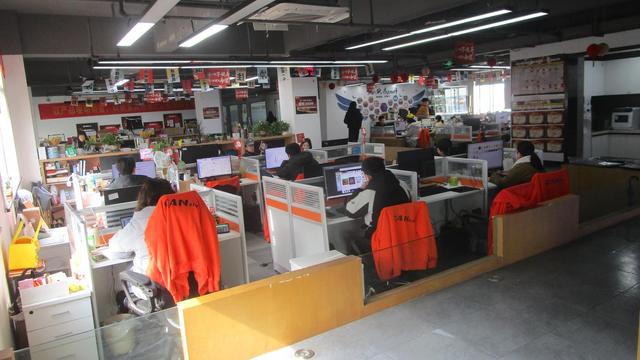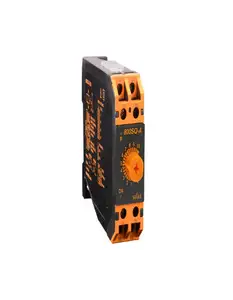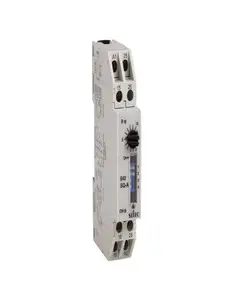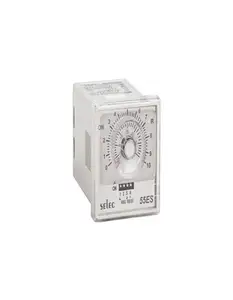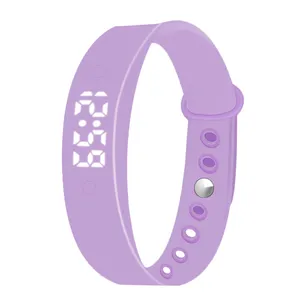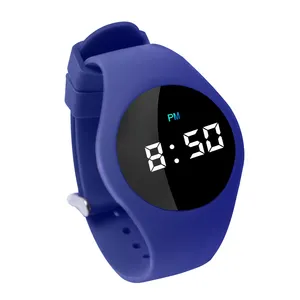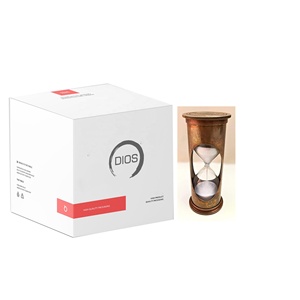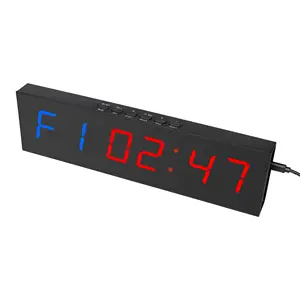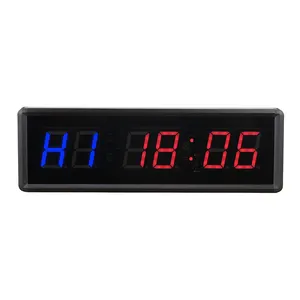Interval Timer




 1/3
1/3








 1/3
1/3






 0
0





 1/32
1/32




 1/3
1/3




 1/17
1/17



 1/3
1/3







 1/22
1/22


 1/3
1/3



 1/3
1/3



 1/3
1/3



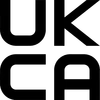




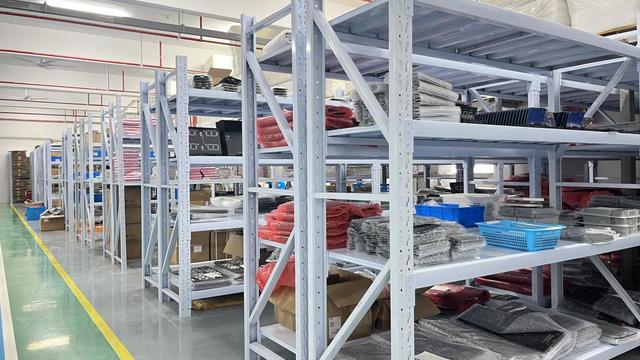

 1/15
1/15



 1/3
1/3



 1/3
1/3



 1/3
1/3



 1/3
1/3




About interval timer
Where to Find Interval Timer Suppliers?
China remains the central hub for interval timer manufacturing, with key production clusters concentrated in Shenzhen, Hangzhou, and Fuzhou—cities known for their advanced electronics supply chains and rapid prototyping capabilities. Shenzhen alone accounts for over 60% of the suppliers analyzed, leveraging its dense network of component manufacturers, PCB fabricators, and logistics providers to support fast-turnaround production cycles. The region’s vertically integrated ecosystem enables efficient sourcing of microcontrollers, LED displays, and power management ICs, reducing material lead times by up to 40% compared to non-specialized regions.
These industrial zones offer scalability through high-capacity assembly lines capable of handling both small-batch custom orders and large-volume runs. Facilities typically operate under ISO 9001-aligned quality frameworks, with many integrating automated testing stations for timing accuracy validation. Buyers benefit from proximity to suppliers of critical subcomponents such as quartz oscillators and programmable logic devices, ensuring stable BOM fulfillment. Average production lead times range from 15–30 days, depending on order complexity, with express shipping options enabling delivery within 7–10 days via air freight.
How to Choose Interval Timer Suppliers?
Procurement decisions should be guided by a structured evaluation of technical capability, compliance, and transaction reliability:
Technical Compliance
Confirm adherence to international standards including CE, RoHS, and FCC, particularly for export to regulated markets. Request test reports verifying timing precision (±0.5 seconds/day), voltage tolerance (5V/12V/110V variants), and environmental resilience (operating temperatures from -10°C to +50°C). For programmable models, validate firmware stability and user interface responsiveness through functional samples.
Production Capability Audits
Assess supplier infrastructure using these benchmarks:
- Minimum monthly output capacity exceeding 10,000 units for volume readiness
- In-house programming and calibration stations for digital timers
- Surface-mount technology (SMT) lines or partnerships with certified EMS providers
Cross-reference online revenue data (e.g., >US $300,000/year) with on-time delivery rates (>94%) to assess operational maturity.
Transaction Safeguards
Prioritize suppliers offering secure payment terms via third-party assurance programs. Evaluate reorder rates as an indicator of customer satisfaction—those below 15% suggest consistent performance. Conduct sample testing to benchmark build quality, button durability, and LCD/LED display clarity before scaling orders. Verify packaging integrity for shock and moisture resistance, especially for international shipments.
What Are the Best Interval Timer Suppliers?
| Company Name | Location | Years Operating | Staff | Main Products | On-Time Delivery | Avg. Response | Reorder Rate | Online Revenue |
|---|---|---|---|---|---|---|---|---|
| Shenzhen Chuangheying Electronic Technology Co., Ltd. | Shenzhen, CN | Data Unavailable | Data Unavailable | ICs, Oscillators, PMIC, RF Modules | 100% | ≤6h | <15% | US $1,300,000+ |
| Hangzhou Cheetie Electronic Co., Ltd. | Hangzhou, CN | Data Unavailable | Data Unavailable | Customizable Sports & Gym Timers | 100% | ≤6h | <15% | US $190,000+ |
| Shenzhen Yixiang Technology Co., Ltd. | Shenzhen, CN | Data Unavailable | Data Unavailable | Timing Devices, Portable Monitors | 100% | ≤1h | <15% | US $30,000+ |
| Fuzhou Farway Electronics Co., Ltd. | Fuzhou, CN | Data Unavailable | Data Unavailable | Digital Timers, Fitness Equipment | 94% | ≤3h | <15% | US $540,000+ |
| Shenzhen Ryk Technology Co., Ltd. | Shenzhen, CN | Data Unavailable | Data Unavailable | Court Equipment, LED Timers | 82% | ≤4h | 16% | US $220,000+ |
Performance Analysis
Shenzhen-based suppliers dominate responsiveness and delivery consistency, with three out of five achieving 100% on-time fulfillment. Shenzhen Yixiang Technology stands out for its ≤1-hour average response time, indicating strong customer service infrastructure. Hangzhou Cheetie specializes in customizable gym and sports timers, offering logo printing and multi-digit LED configurations suitable for branded fitness equipment. Fuzhou Farway provides cost-competitive entry-level models, with kitchen and induction timers priced under $4/unit at scale. While Shenzhen Ryk offers broad product diversity, its 82% on-time delivery rate and 16% reorder rate signal potential fulfillment risks for time-sensitive contracts. Buyers seeking high-reliability partners should prioritize suppliers with documented customization workflows and proven export experience to North America and Europe.
FAQs
How to verify interval timer supplier reliability?
Validate certifications (CE, RoHS) through official databases or third-party inspection services. Request factory audit reports or video walkthroughs showing SMT lines, testing benches, and inventory management systems. Analyze transaction history, focusing on dispute resolution outcomes and buyer feedback related to product accuracy and durability.
What is the typical MOQ and pricing range?
MOQs vary significantly: some suppliers accept single-unit orders ($3.50–$15), while others require batches of 50–1,000 units for price optimization. Bulk pricing starts at $11/unit for basic models and reaches $85+ for large-display, rechargeable, or outdoor-rated versions. Programmable dual-channel timers typically start at $12–$15 per unit.
Can suppliers provide customized interval timers?
Yes, leading suppliers like Hangzhou Cheetie and Fuzhou Farway offer OEM/ODM services including custom casing colors, branding (logo/silk screen), packaging, and firmware adjustments. Minimum order quantities for customization typically begin at 50–200 units, with NRE fees waived for larger volumes. Turnaround for design approval is usually 5–7 days, followed by 10–15 days for prototype delivery.
Do interval timers support multiple voltage inputs?
Many models support 5V, 12V DC, or 110V AC inputs, especially those designed for industrial or irrigation applications. Dual-power variants (battery + external adapter) are available for portable use. Confirm input specifications during sampling to ensure compatibility with end-use environments.
What are common applications for industrial interval timers?
Key use cases include gym training systems, sprinkler control, laboratory experiments, food processing cycles, and stage lighting sequences. High-end models feature percentage-based scheduling, countdown alarms, and multi-step programming for complex automation tasks. Outdoor-rated units often include waterproof enclosures and UV-resistant displays.



